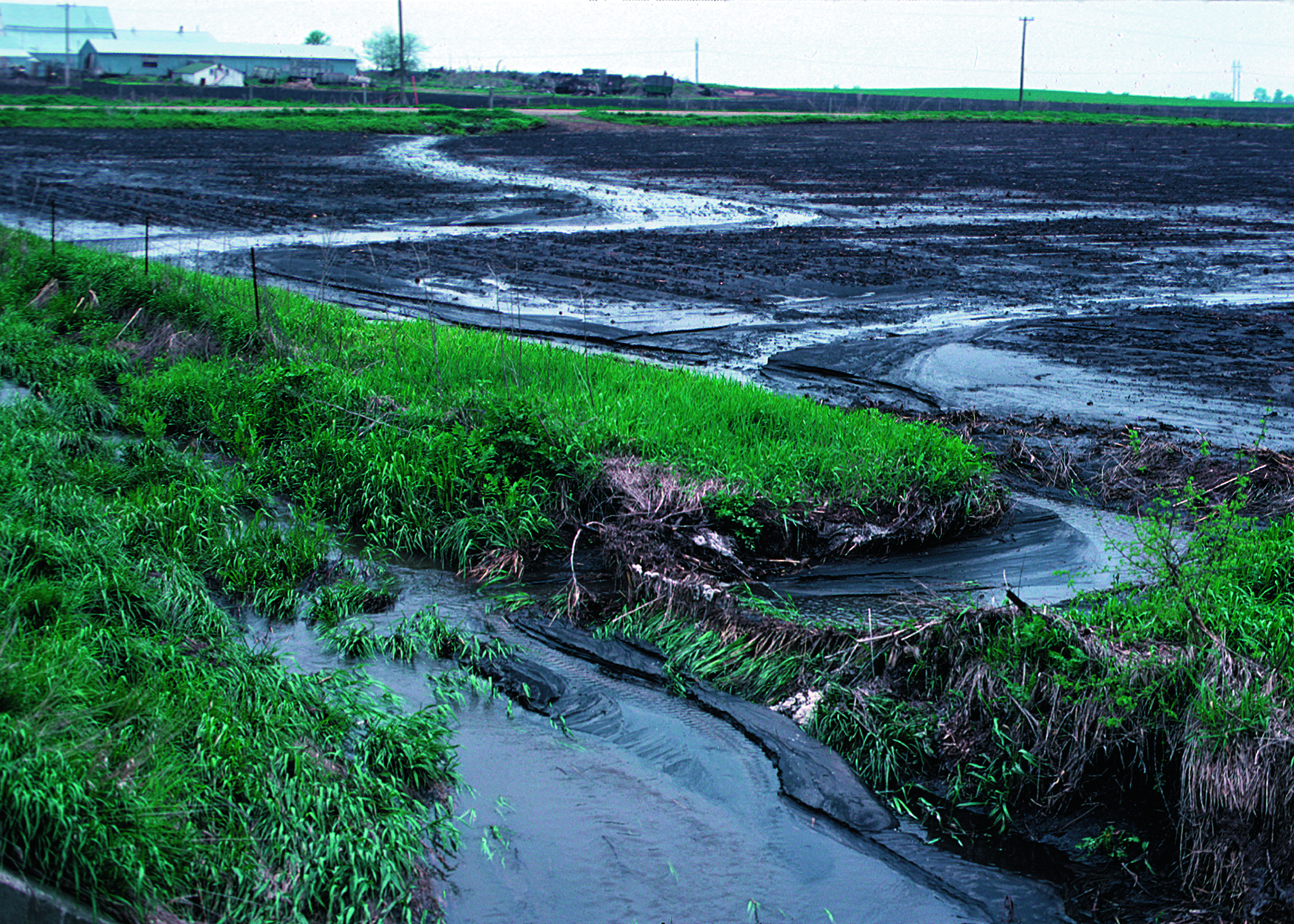World Water Day

By Melanie Stewart
Photo by Lynn Betts, USDA Natural Resources Conservation Service
How safe is your water?
Last week the United Nations marked World Water Day, did you observe? Did you hug your aquifer? More seriously, maybe you installed a low flow showerhead, taught your child to turn off the faucet while brushing their teeth, or installed a rain barrel? {Don’t know how to make a rain barrel? Come to the Sustainability Expo for free instructions and demo!}
Water is one of those things that we take for granted; we turn on the faucet and clean water comes out–for us, our pets, even our yard. So it is mind-boggling to consider the fact that the U.N. estimates 1.8 billion people are drinking water that is known to be contaminated. That’s 1 in every 4 people drinking water that has feces in it; increasing the chances of them contracting polio, dysentery, cholera, and typhoid.
You could be thinking, “The people drinking that water aren’t here; they’re in a Third World country halfway across the globe. My water source isn’t tied to theirs, so this doesn’t directly affect me.” You could be right.
Maybe.
Personally, I find it difficult to picture children bathing in water that also has livestock in it. Unfathomable that people collect water they can’t see through to drink. Heartbreaking that diarrhea accounts for 1 in 9 child deaths worldwide, killing almost 2,200 children every day, more than AIDS, malaria, and measles combined.
Even if that doesn’t have an effect on you, our water sources are not guaranteed. Our region relies heavily on the Ogallala Aquifer, but it’s being drained faster than it can refill threatening not only our drinking water, but agriculture and our way of life.
This past year has demonstrated the vulnerability of water with the crisis in Flint, Michigan, protests surrounding oil pipelines, and water contaminated with methane to the point that it can be lit on fire.
Our habits outside of direct water usage matter too. Numerous companies are using water sources in other countries to make the products that the developed world wants. Water is needed for bottle production as well as the product in that bottle—which we consume at an alarming rate.
UNMC and Nebraska Medicine have set the goal of Net Zero Water by 2030. Reducing our usage at work means more clean water for everyone. It also means we create less wastewater, which can be part of the problem as well.
How can you help?
Check the condition of your local waterways
Make a difference in your own backyard
20 easy ways to conserve at home
